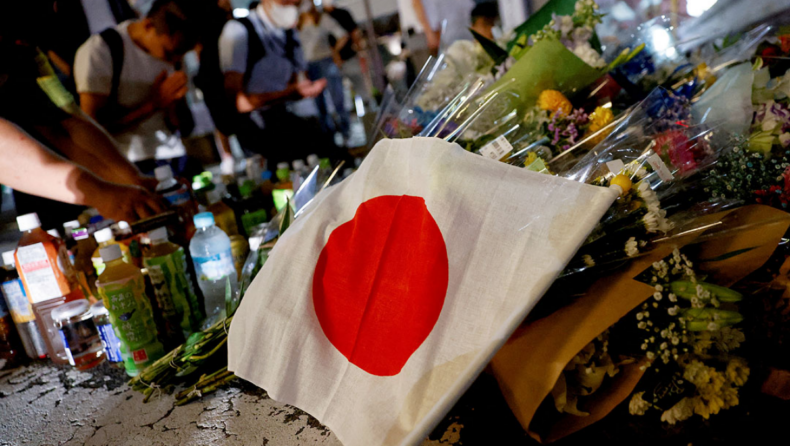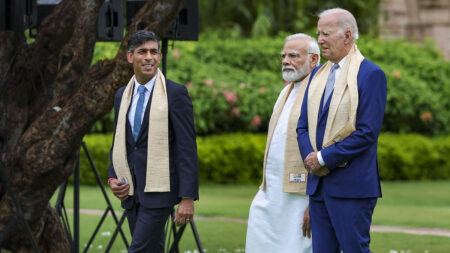
On Sunday, voters in Japan went to the polls for an upper house election. The ruling Liberal Democratic Party (LDP) may experience a boost in support following the death of former Prime Minister Shinzo Abe. He was the key figure in the party and a leading statesman.
Abe, was Japan’s longest-serving leader in modern times. He was shot and killed on Friday in the western city of Nara. He was making a speech in support of a local candidate, a killing the political establishment denounced as an assault on democracy itself.
Elections for seats in the lower house of parliament are frequently viewed as a referendum on the current administration. The most recent polls already predicted a strong showing for the ruling coalition headed by Prime Minister Fumio Kishida, an ally of Abe. Political analysts predicted that the LDP and its junior coalition partner Komeito might benefit from a potential wave of sympathy votes as the nation grieves.
Sympathy votes could increase the victory margin
According to James Brady of the Teneo consultancy, “the ruling LDP-Komeito coalition was already on course for a solid victory. A wave of sympathy votes now could increase the victory margin.” Following Abe’s murder, campaigning was suspended on Friday. However, on Saturday, politicians resumed their election-related activities.
When Kishida attended a campaign event in a city southwest of Tokyo, there was an increased police presence. The venue had a metal detection scanner installed—an unusual security measure in Japan.
The polls were open at 7 a.m. and closed at 8 p.m. (2200 GMT on Saturday). According to the media, 15.3% of voters cast early absentee ballots. A strong electoral performance may help Kishida maintain power. Also, it allowed the former Hiroshima banker to carry out his plan to increase defense spending. Additionally, he might be able to change Japan’s pacifist constitution, something even the hawkish Abe was unable to do.
The government will undoubtedly look to bolster domestic security in the coming months, Brady predicted. The event, he continued, “could also add further momentum to those key Abe causes like defense build-up. And also to constitutional revision by undermining the public’s general sense of safety and order.”
Party power void
According to polls conducted last week, the LDP would have won at least 60 of the 125 seats up for election on Sunday as opposed to the current 55. This would have allowed it to keep its joint majority with Komeito in the chamber. Prior to Abe’s murder, 69 seats were in the upper house. This had been considered a stretch, would give the LDP a majority.
Previously leaning more to the right within the LDP, Kishida claimed that some provisions of the constitution may be “outdated and lacking.” According to opinion surveys, the majority of voters favor a stronger military.
Even if the LDP performs well, Abe’s death will cast a shadow over it because he was the leader of its largest faction. It still had significant influence over personnel and policy decisions. According to analysts, his passing raises the possibility of a power vacuum and internal strife within the party. The LDP may lose support to the tiny, populist Japan Innovation Party. As it won seats in the general election last year. However, since the party also supports constitutional reform, any strides it makes are likely to support the LDP’s reform objectives.













